REPORTS
From sustainability reports to sorters’ handbooks and tools for tracing organic cotton from farm to consumer, explore our open-source resources offering a wealth of insights to embrace and contribute to sustainable fashion practices. With contributions from our ecosystem of thought leaders, brand partners, and innovators, these reports provide valuable knowledge to drive the transition towards a circular fashion industry.

The State of Circular Innovations in the Indian Fashion and Textile Industry
This report introduces the pressing need for transitioning the Indian fashion and textile industry from a linear to a circular model. It emphasises the environmental, social, and economic impacts of the industry and positions circularity as a critical pathway for sustainable growth. It provides an overview of the current status, challenges, and opportunities for circular innovations within India’s textile and apparel value chain.
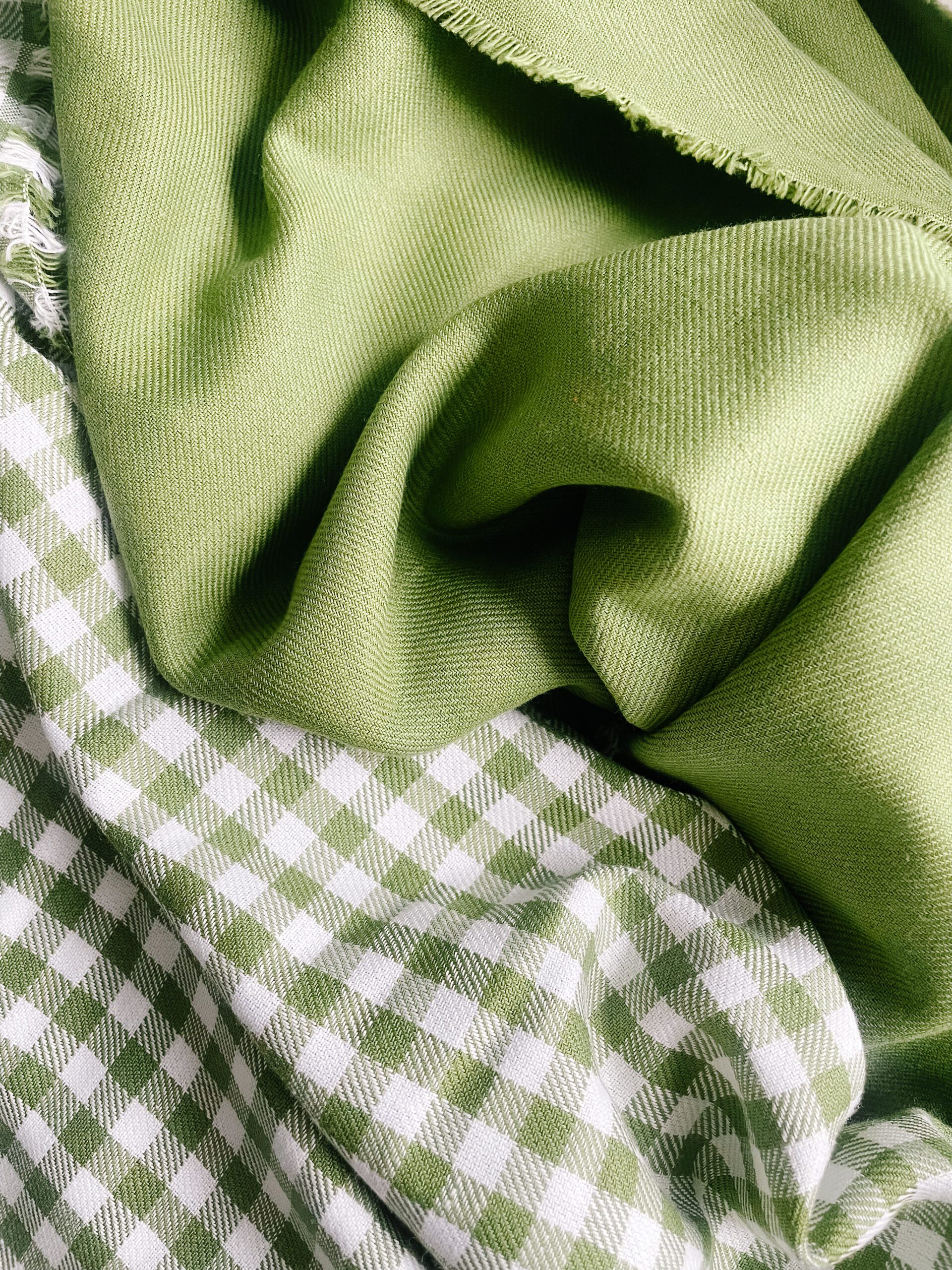
A Digital Traceability Platform Analysis
This report provides an in-depth analysis of digital traceability platforms, examining their role in enhancing transparency, compliance, and efficiency in various industries. It explores the technological advancements, regulatory requirements, and strategic benefits of implementing traceability solutions.

T2T Polyester Benchmarking Study
This report presents the findings of the T2T Polyester Benchmarking Study, which aims to assess and compare various recycled polyester production processes. The study evaluates environmental impacts, efficiency, and sustainability to guide industry stakeholders toward better material choices.
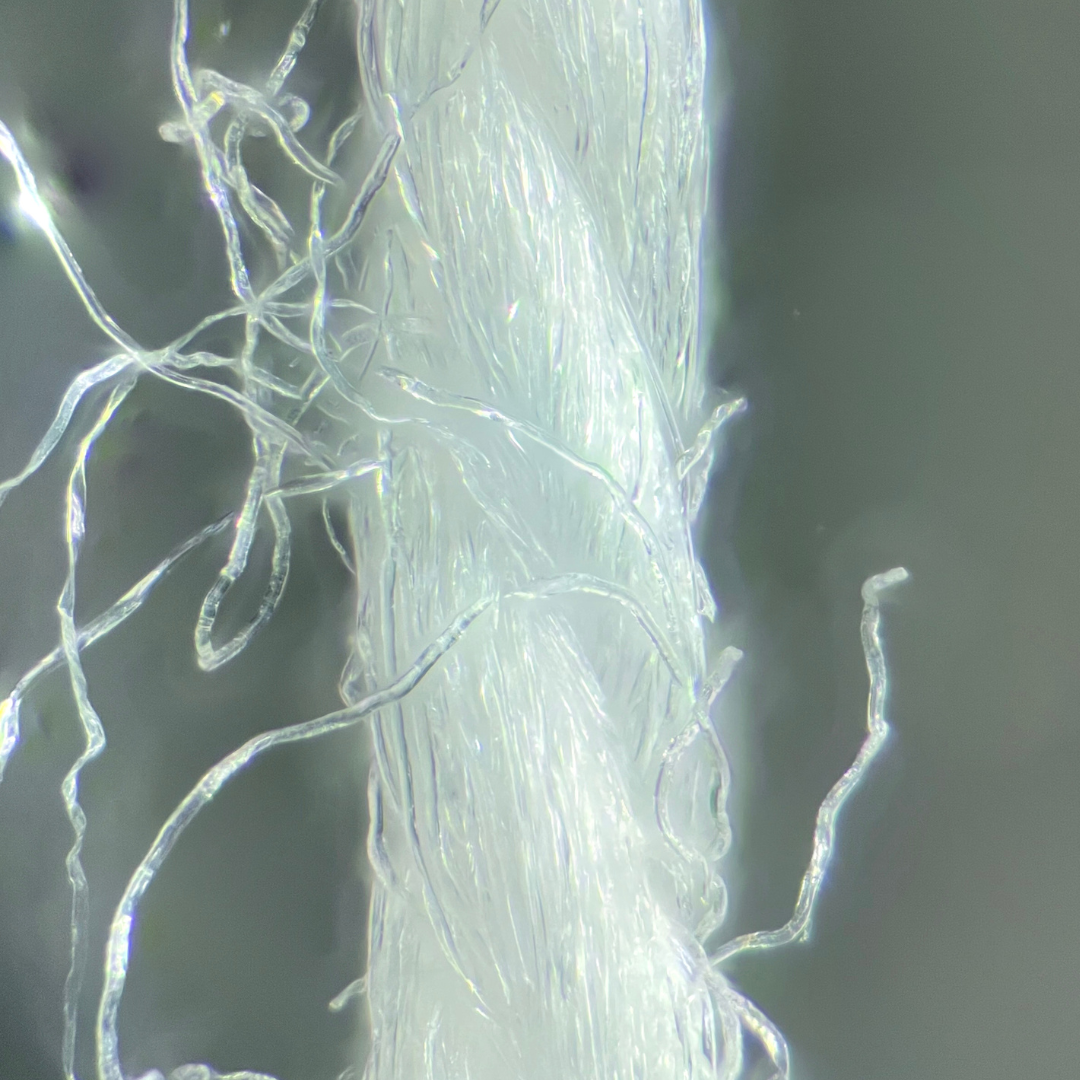
Behind the Break
“Behind the Break,” is a project aimed at exploring textile fibre fragmentation. The research aims to identify the root causes of fibre shedding during manufacturing, enhance existing test methods, and inform future industry best practices and policies to reduce textile pollution. A report accompanies the project, providing an overview of existing knowledge gaps, recent developments, critical insights, and emerging opportunities for meaningful action within the fashion and textile industry.

Scaling Next-Gen Materials In Fashion: An Executive Guide
Materials lie at the heart of the fashion industry. They account for 91% of the industry’s total emissions through their extraction, processing, and production, and around 30% of cost of goods sold (COGS). Next-generation materials present the opportunity to transform the industry’s environmental impact. However, many brands lack guidance and are unprepared for a material transition and how to drive adoption to unlock the benefits of these new materials. In this new report created by Boston Consulting Group and Fashion for Good, based on industry best practices and the successes of early movers, we provide brands with a structured framework to act on key levers and a pathway to address key challenges while driving measurable results.
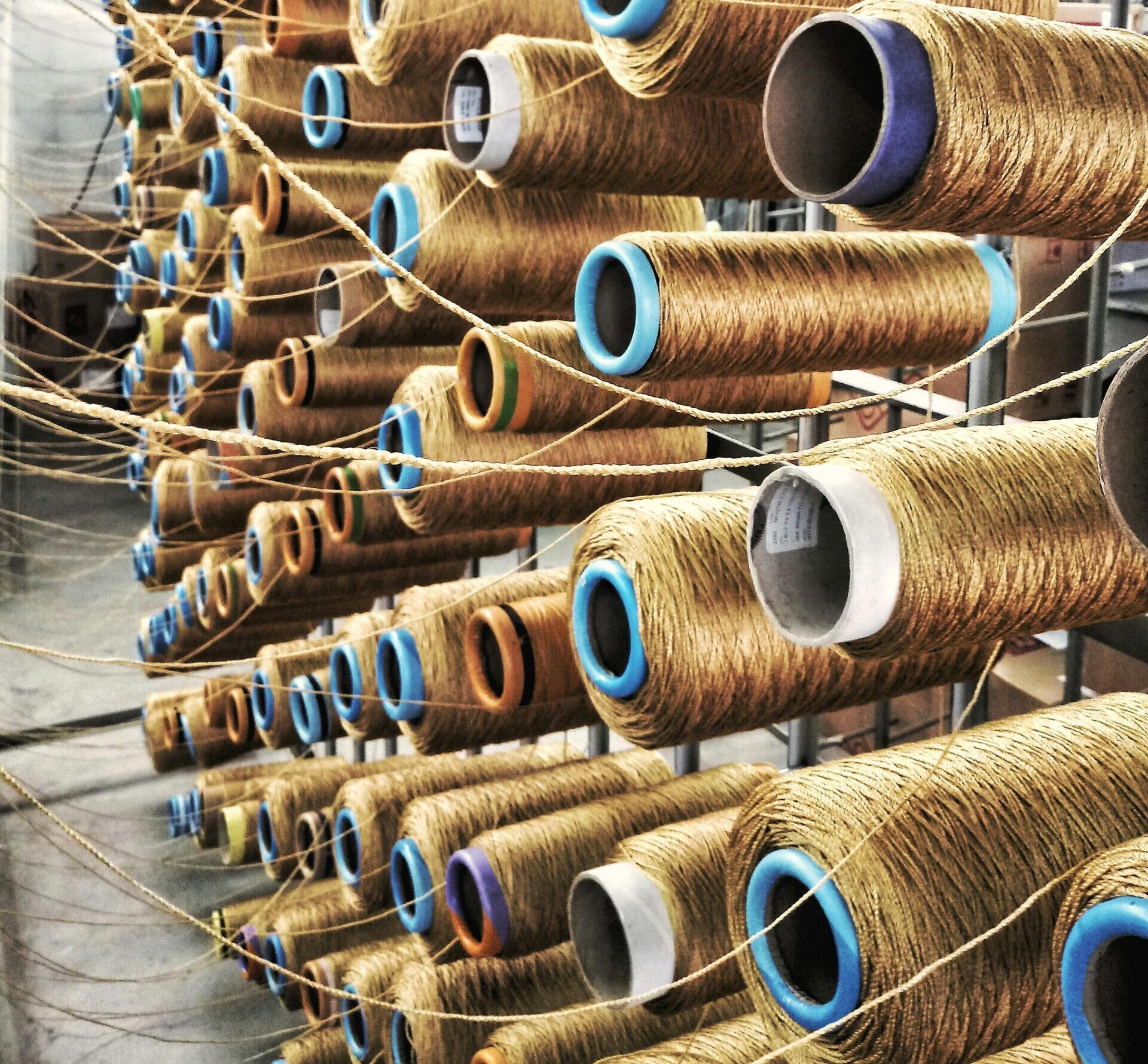
Investing in Textile Innovation
This report explores the opportunities available for investors in the textile and apparel innovation ecosystem. The fashion industry, valued at $1.7 trillion, presents significant environmental and social challenges, necessitating investment in innovative solutions to improve sustainability and efficiency.

Financing the Transformation in the Fashion Industry: Unlocking Investment to Scale Innovation
The fashion industry is at a critical juncture. With sustainability commitments and innovation accelerating, the challenge remains in scaling breakthrough solutions. This report, developed by Fashion for Good in collaboration with Boston Consulting Group, delves into the financial mechanisms needed to drive transformation and bring innovative solutions to commercial scale. By addressing key investment barriers and highlighting actionable pathways, this report serves as a call to action for stakeholders across the value chain to collaborate and unlock capital for meaningful impact.
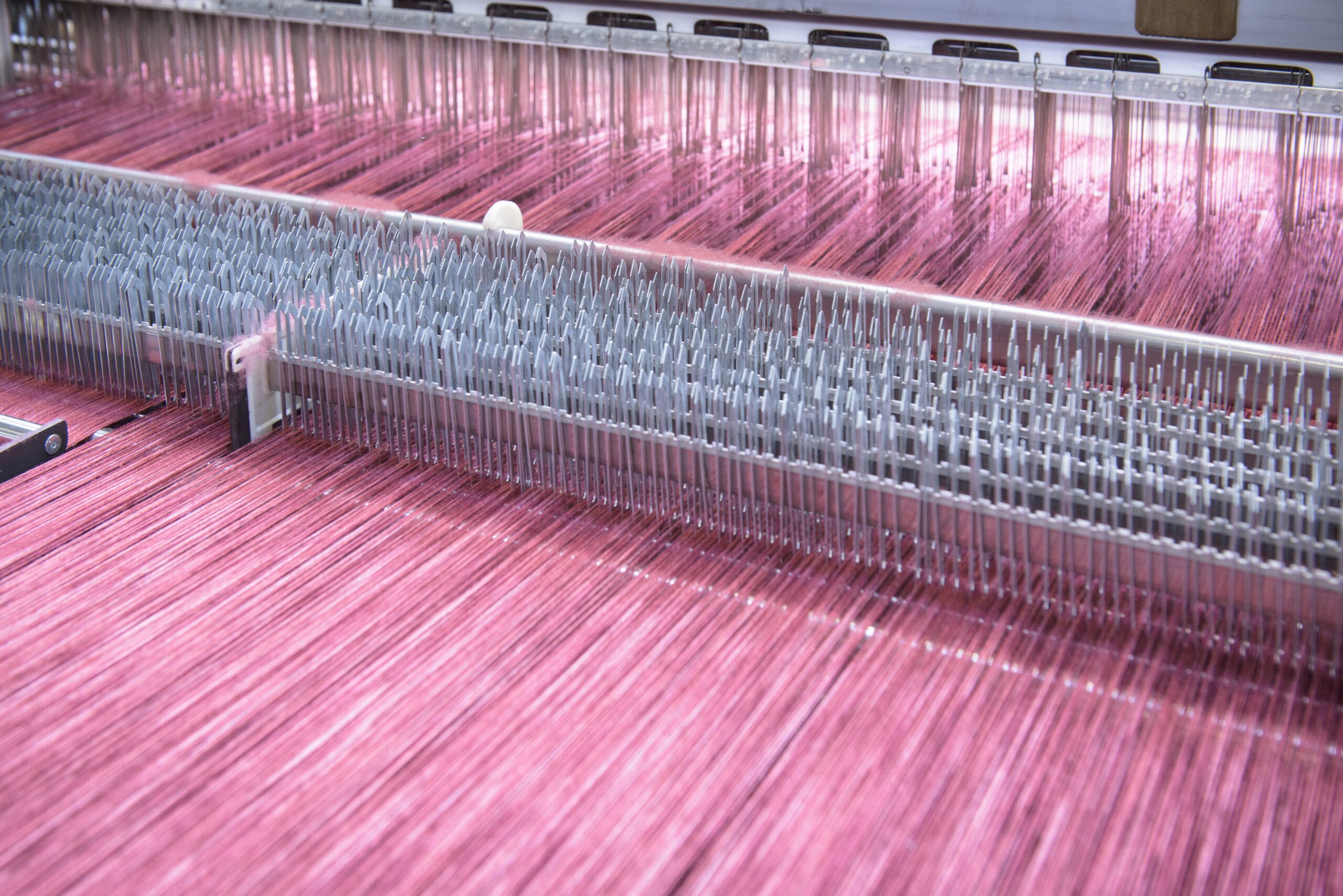
Unlocking the Trillion-Dollar Fashion Decarbonisation Opportunity
The fashion industry is at a pivotal moment in its journey toward sustainability. With greenhouse gas emissions contributing significantly to global climate change, urgent action is needed to decarbonise supply chains. This report, developed by Fashion for Good in collaboration with the Apparel Impact Institute, outlines existing and innovative solutions to reduce emissions, unlock financing opportunities, and create a pathway to net zero by 2050. Through deep industry insights and financial analysis, this report serves as a guide for brands, manufacturers, policymakers, and investors committed to driving meaningful change.
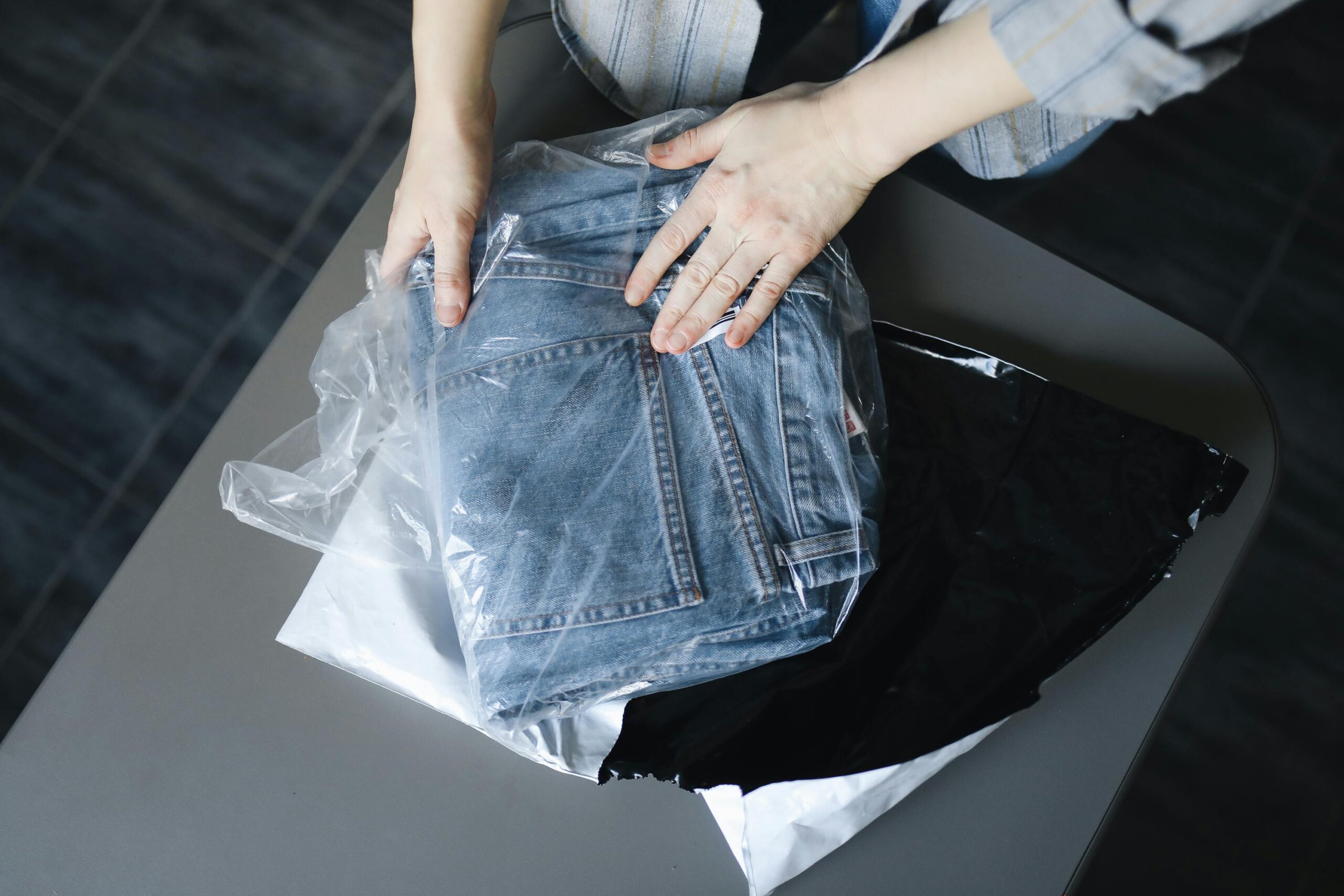
The Rise of Reusable Packaging: Understanding the Impact and Mapping a Path to Scale
The fashion industry faces a growing plastic pollution problem, with single-use plastic packaging used throughout the supply chain and at the consumer level being a major contributor. Reusable packaging systems offer a potential solution, but their adoption requires a thorough understanding of their environmental impact and the challenges of implementation. This report aims to provide insights into the potential of reusable packaging systems to reduce the environmental footprint of the fashion industry.
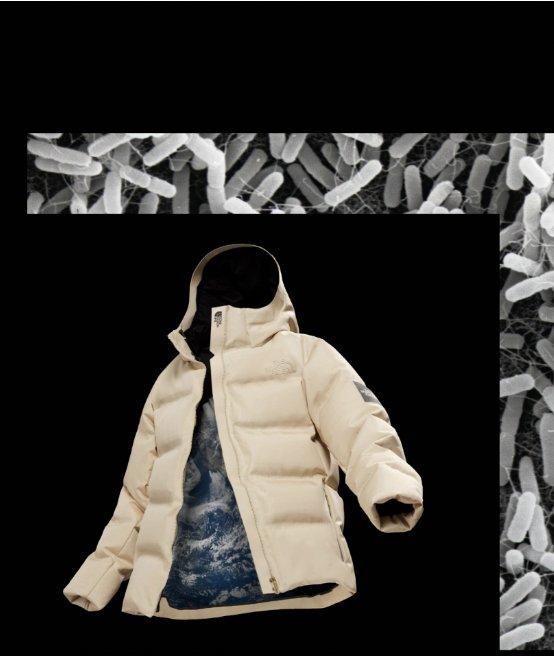
Understanding Bio-Material Innovations: A Primer for the Fashion Industry
The fashion industry is undergoing a materials revolution, with bio-based innovations at the forefront of sustainability efforts. This report, developed by Biofabricate and Fashion for Good, provides a foundational understanding of bio-material innovations, their definitions, processes, and potential for large-scale adoption. With contributions from leading innovators, brands, and manufacturers, this primer aims to drive informed decision-making and enhance cross-sector collaboration.
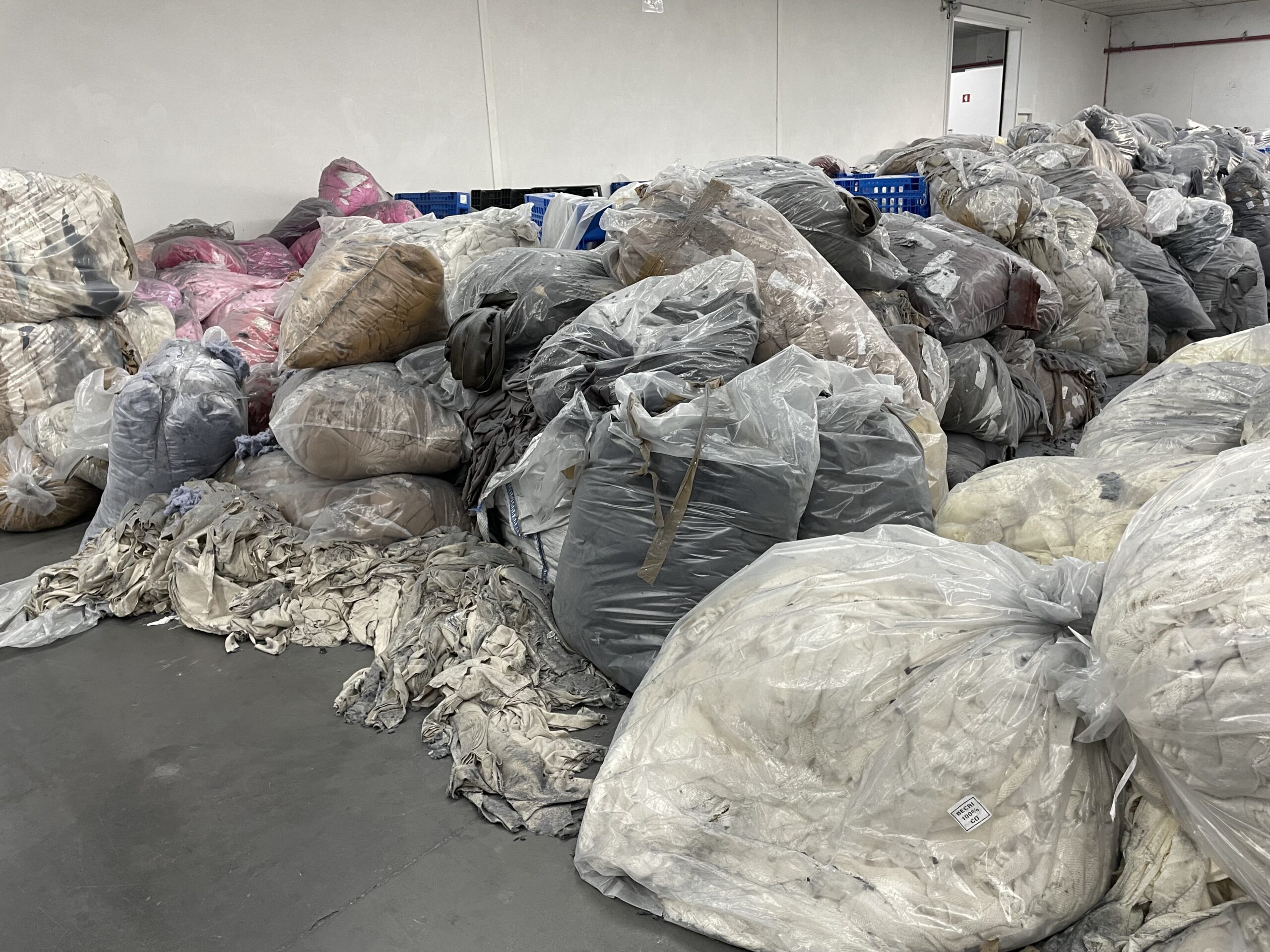
Sorting for Circularity USA
The project aimed to assess the potential for fibre-to-fibre recycling in the United States. The project evaluated consumer behaviour around textile disposal and analysed post-consumer textile waste to determine its suitability for recycling. The goal was to promote circularity by improving textile collection systems and supporting the development of recycling infrastructures and technologies.
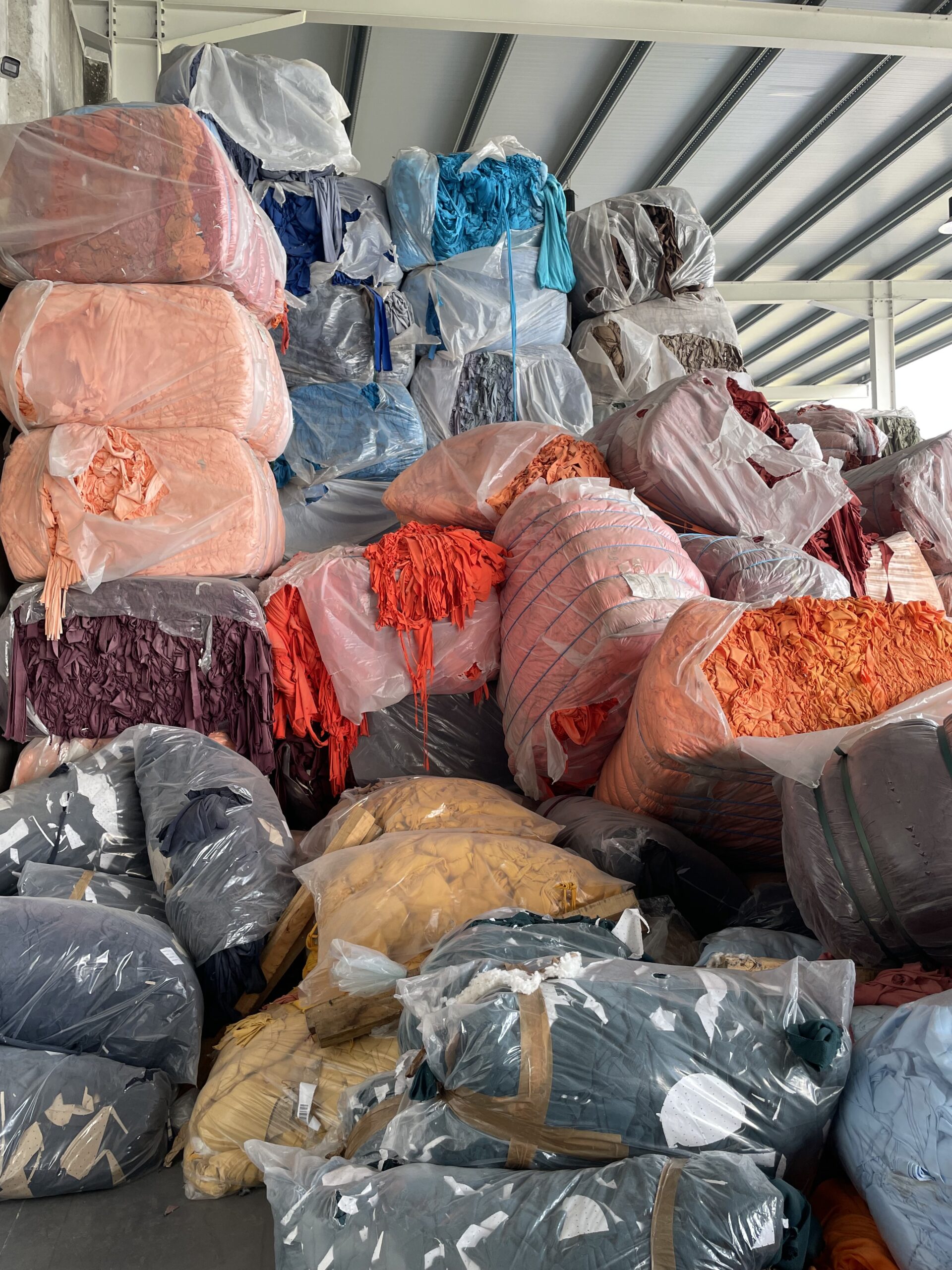
Sorting For Circularity Europe
The Sorting for Circularity Europe project was launched in early 2021 and initiated by Fashion for Good together with Circle Economy. The project was made possible by catalytic funding from Laudes Foundation and brand partners, adidas, BESTSELLER, Inditex and Zalando, with H&M Group as key project partners. The project addressed the need for data on textile waste in the market, identifying waste types and recycling opportunities.

The Circular Polybag Pilot
The aim of the pilot was to tackle the environmental issues caused by virgin polybags in the fashion industry. This industry-first pilot aimed to create a closed-loop recycling solution for polybags, using post-consumer polybag waste and achieving a high level of recycled content suitable for industry needs.
